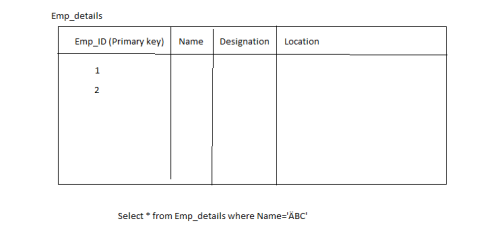Introduction to Indexes
-
July 4, 2012 at 2:05 am
GilaMonster (7/4/2012)
For seeking, for range scans, for supporting an order by.Oh, I didn't have the ORDER BY clause in mind yet. Thanks, it's more clearly now.
So, if I my query returns the records in the descending order - it is better to create the index column also in the same order ("DESC"), right?
-
July 4, 2012 at 2:08 am
GilaMonster (7/4/2012)
For seeking, for range scans, for supporting an order by. Not ever for returning rows in the index order without an order by specified. That was quoted a bit out of context (context being ordering of returned rows without an order by)
Would it potentially make a difference to the amount of fragmentation caused by adding new items to the index? e.g. if your index key is a value that will generally *decrease*, would you get a less fragmented index by declaring it DESC?
-
July 4, 2012 at 2:15 am
Maybe. Will it be a big difference and will the reduction in fragmentation affect query performance? Depends on other factors (frequency of inserts, type of queries, etc)
Gail Shaw
Microsoft Certified Master: SQL Server, MVP, M.Sc (Comp Sci)
SQL In The Wild: Discussions on DB performance with occasional diversions into recoverabilityWe walk in the dark places no others will enter
We stand on the bridge and no one may pass -
June 22, 2017 at 5:19 am
Thanks Gail, Awesome as always.
I have a small Confusion. Lets assume I have a table "Emp_details" with 4 columns-Emp_ID(primary key which creates clustered index by default), Name, Designation and Location and table has a million rows.
How does index works when i query table with where condition on "Name" column as shown below.SELECT * FROM Emp_details where Name='ABC'

Thanks in Advance
Sanjay -
June 22, 2017 at 5:31 am
The way you have it no index is used when this query is executed. You need an index on column Name
---------------------------------------------
[font="Verdana"]Nothing is impossible.
It is just a matter of time and money.[/font]
Viewing 5 posts - 121 through 125 (of 125 total)
You must be logged in to reply to this topic. Login to reply
